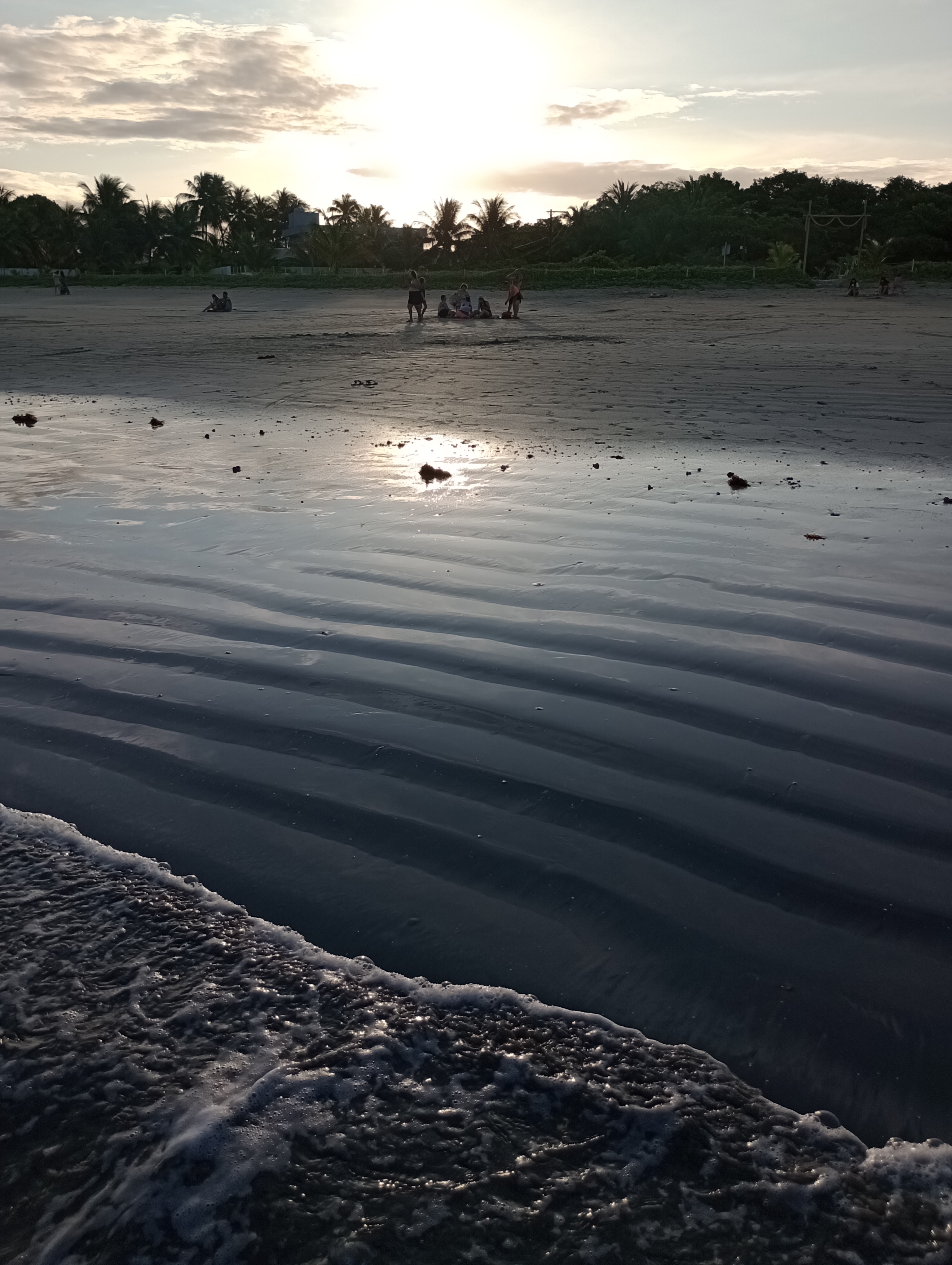Wine and commensality
a study with members of Generation Z
DOI:
https://doi.org/10.18226/21789061.v16i3p528Keywords:
Commensality, Consumption, Wine, Generation ZAbstract
Through commensality we can understand the social dynamics of those who share a meal in order to understand who they are, their culture, their symbolism and their rituals, playing na important role in the development of bonds and the perpetuation of social rules. Therefore, this research seeks to study the commensality practices of members of Generation Z, associated with wine. Wine was chosen because of its characteristics and consumption rituals, as well as its cultural, historical, civilizational and marketing relevance. Generation Z was chosen because it is little explored in the existing literature on wine. The aim of this research is to analyze commensality among members of Generation Z associated with wine consumption, using a qualitative approach, based on semi-structured interviews with members of Generation Z who are familiar with wine consumption. By analyzing the 17 interviews, a total of two analytical categories - <Etiquette: Norms, behaviors and rules of consumption> and <Socialization> - were identified. By carrying out this research, it was possible to identify the meanings of wine for Generation Z, as the ideal moment for the social consumption of the
References
Bardin, L. (2015). Análise de conteúdo. São Paulo: 70.
Bernier, E. T., Valduga, V., Gabardo, W. O., & Gândara, J. M. G. (2020). Enoturismo na região metropolitana de curitiba: realidades e desafios de um novo território do vinho. Pasos – Revista de Turismo y Patrimonio Cultural, 18(1), 39-56. Link
Britto Júnior, A. F., & Feres Júnior, N. (2011). A utilização da técnica da entrevista em trabalhos científicos. Revista Evidência, 7(7), 237-250. Link
Boudon, R. (1995). Introdução. In: R. Boudon (org.), Tratado de sociologia (pp. 65-106). Rio de Janeiro: Jorge Zahar.
Boutaud, J. J. (2011). Comensalidade: compartilhar a mesa. In A. Montandon (ed.), O Livro da Hospitalidade: acolhida do estrangeiro na história e nas culturas (pp. 121-123). São Paulo: Senac.
Carneiro, H. S. (2010). Bebida, Abstinência e Temperança na História Antiga e Moderna. São Paulo: Senac.
Ceretta, S. B., & Froemming, L. M. (2011). Geração Z: Compreendendo os hábitos de consumo da geração emergente. Revista Eletrônica do Mestrado Profissional em Administração da Universidade Potiguar, 3(2), 15-24. Link
Comte, A. (1998). Cours de philosophie positive. Paris: Hermann.
Contreras, J., & Gracia, M. (2011). Alimentação, Sociedade e Cultura. Rio de Janeiro: Fiocruz.
Dilthey, W. (1989). Introduction to the human sciences. In W. Dilthey (org.), Selected Works, 1. Princeton: Princeton University Press.
Dolot, A. (2018). The characteristics of Generation Z. E-mentor, 2(2), 44-50. Link
Flandrin, J., & Montanari, M. (1998). História da Alimentação. São Paulo: Estação Liberdade.
Gautier, J.-F. (2008). Vinho. Porto alegre: L&PM.
Gehrels, S. (2016). Liquid hospitality: Wine as the metaphor. In: C. Lashley (ed.), The Routledge Handbook of Hospitality Studies (pp. 263-275). Londres: Routledge.
Gil, A. C. (2008). Métodos e técnicas de pesquisa social (6a ed.). São Paulo: Atlas.
Gimenes-Minasse, M. H. S. G. (2023). O fenômeno da comensalidade e suas funções sociais: uma discussão preliminar. Mangút: Conexões Gastronômicas, 3(1), 162-175. Link
Grignon, C. (2012). Comensalidad y morfología social: un ensayo de tipologías. Apuntes de investigación del CECYP, (22). Link
Locks, E. B., & Tonini, H. (2005). Enoturismo: o vinho como produto turístico. Turismo em Análise, 16(2), 157-173. Link
Mauss, M. (1974). Ensaio sobre a dádiva. In: M. Mauss (org.), Sociologia e Antropologia. São Paulo: EPU.
Moré, C. L. O. O. (2015). A entrevista em profundidade ou semiestruturada, no contexto da saúde: Dilemas epistemológicos e desafios da sua construção e aplicação. Atas – Investigação Qualitativa nas Ciências Sociais, 3(1), 126-132. Link
Murgel, L. F. (2018). Hospitalidade, dádiva e comércio moderno: impasses e ambiguidades em campos da teoria antropológica. Anais... 31a Reunião Brasileira de Antropologia. São Paulo. Link
Murgel, L. F. (2020). O vinho como bem de consumo que vem "de fora": representações e práticas culturais de consumidores cariocas. Diálogo com a Economia Criativa, 5(13), 160-175. Link
Phillips, R. (2020). Uma Breve História do Vinho. São Paulo: Record.
Reis, J. T. (2015). Bebidas e Hospitalidade: produção científica no Brasil (2004-2012). Dissertação, Mestrado em Hospitalidade, Universidade Anhembi Morumbi, Brasil. Link
Room, R., & Mäkelä, K. (2000). Typologies of Cultural Position of Drinking. Journal of Studies on Alcohol, 61(3), 475-483. Link
Simmel, G. (2004). Sociologia da refeição. Revista Estudos Históricos, 1(33), 159-166. Link
Sidorcuka, I., & Chesnovicka, A. (2017). Methods of attraction and retention of generation Z staff. CBU International Conference Proceedings, 5(1), 807-815. Link
Sheringham, C., & Pheroza, D. (2007). Transgressing Hospitality: polarities and disordered relationships? In: C. Lashley, P. Lynch, & A. Morrison (eds.), Hospitality: A Social Lens (pp. 34-45). Londres: Routledge.
The International Organization of Vine and Wine. [O.I.V.] (2023). State of the vitiviniculture world market in 2022. Link
Thach, L., Riewe, S., & Camillo, A. (2020). Generational cohort theory and wine: Analyzing how Gen Z differs from other American wine consuming generations. International Journal of Wine Business Research, 31(1), 1-27. Link
Törőcsik, M., Kehl, D., & Szűcs, K. (2014). How generations think: Research on Generation Z. Acta Universitatis Sapientiae: Communicatio, 1(1), 23-45. Link
Ulin, R. C. (2023). The gifting of wine: Language, representation and the commodity form. In P. Howland (ed.), Wine and the Gift. Londres: Routledge.
Valduga, V. (2012). O desenvolvimento do enoturismo no Vale dos Vinhedos (RS/Brasil). Cultur: Revista de Cultura e Turismo, 6(2), 127-143. Link
Veeck, A., Lancendorfer, K., & Atkin, J. L. (2018). Network ties and interaction rituals: An examination of social drinking. Journal of Marketing Management, 34(9-10), 775-795. Link
Visser, R. O. de. (2012). The social contexts of alcohol use. In: R. Cooke, D. Conroy, E. L. Davies, M. S. Hagger, & R. O. Visser (eds.), The Palgrave Handbook of Psychological Perspectives on Alcohol Consumption (pp. 135-157).
Downloads
Published
How to Cite
Issue
Section
License
Autores que publicam nesta revista concordam com os seguintes termos:
Os Autores mantém os direitos autorais e concedem à revista o direito de primeira publicação, com o trabalho simultaneamente licenciado sob a Creative Commons Attribution License que permitindo o compartilhamento do trabalho com reconhecimento da autoria do trabalho e publicação inicial nesta revista.
Autores têm autorização para assumir contratos adicionais separadamente, para distribuição não-exclusiva da versão do trabalho publicada nesta revista (ex.: publicar em repositório institucional ou como capítulo de livro), com reconhecimento de autoria e publicação inicial nesta revista.
Autores têm permissão e são estimulados a publicar e distribuir seu trabalho online (ex.: em repositórios institucionais ou na sua página pessoal) a qualquer ponto antes ou durante o processo editorial, já que isso pode gerar alterações produtivas, bem como aumentar o impacto e a citação do trabalho publicado (Veja O Efeito do Acesso Livre).








